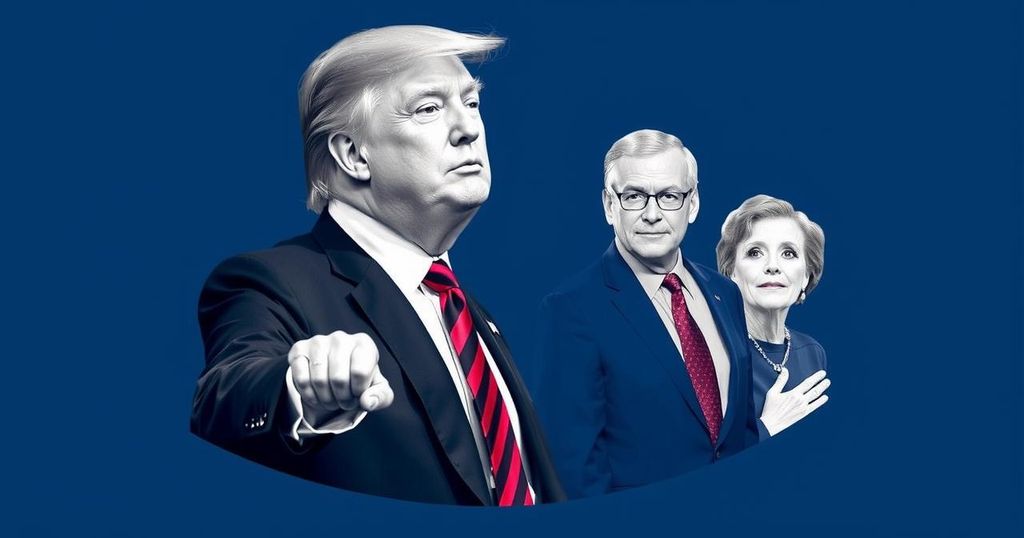Republicans Gain Voter Trust as Democrats Confront Coalition Challenges

Republicans have gained a majority in voter representation perceptions, with a Pew poll indicating 50% of Americans view the GOP as reflecting their interests. Following a disappointing election for Democrats, who only received 43% of such sentiments, discussions around future strategies and maintaining voter support are critical. Trump’s continued appeal, particularly among traditionally Democratic demographics, sets a challenging landscape for the Democratic Party.
In a significant political shift, the Republican Party appears to have gained the trust of a majority of voters regarding representation of their interests for the first time since Donald Trump assumed leadership in 2016. According to a Pew Research Center poll, 50% of respondents believe that the Republican Party reflects their interests, whereas only 43% feel the same about the Democrats. This change follows a disappointing electoral performance for the Democratic Party, which has contributed to questions about its future strategies and voter engagement. The Republican ascendancy is attributed to a growing discontent with the Biden administration and the economy, alongside Trump’s steadfast positioning as a candidate of change. Despite Trump’s recent electoral successes, the potential volatility of political support suggests that both parties must navigate their respective challenges as they plan for the future.
As the political landscape evolves, Republicans are positioning themselves as the party of change with Trump at the helm. Following the November 5 elections, key demographic shifts have been noted, including Trump’s increased appeal among historically Democratic groups, such as Latino and young voters. This increasing divergence invites scrutiny over the Democrats’ electoral strategies, prompting discussions within the party regarding future directions, particularly in light of their inability to secure majorities across branches of government. Amidst these challenges, concerns about maintaining coalition integrity persist for the Democratic Party, which faces an imperative to reassess its political messaging and outreach efforts moving forward.
The article discusses the recent electoral dynamics in the United States, particularly the shifting voter sentiment towards the Republican Party following the recent electoral outcomes. The data reveals a notable increase in the perceived alignment between the Republican Party and voter interests, especially amidst rising dissatisfaction with the Democratic leadership under President Biden. The discussion highlights the broader implications for party strategy and coalition building as both parties respond to recent electoral losses and victories.
The Republican Party’s rising visibility and representation amid voter discontent with the current administration raise substantial questions about the future of political coalitions in the United States. The recent electoral outcomes indicate a significant shift among voters, revealing growing support for Trump and his agenda. As both parties navigate their respective challenges post-election, the efficacy of their strategies in maintaining or rebuilding voter trust will be pivotal in shaping the political landscape going forward. The potential volatility in voter sentiment underscores the unpredictable nature of American electoral dynamics.
Original Source: cbsaustin.com







